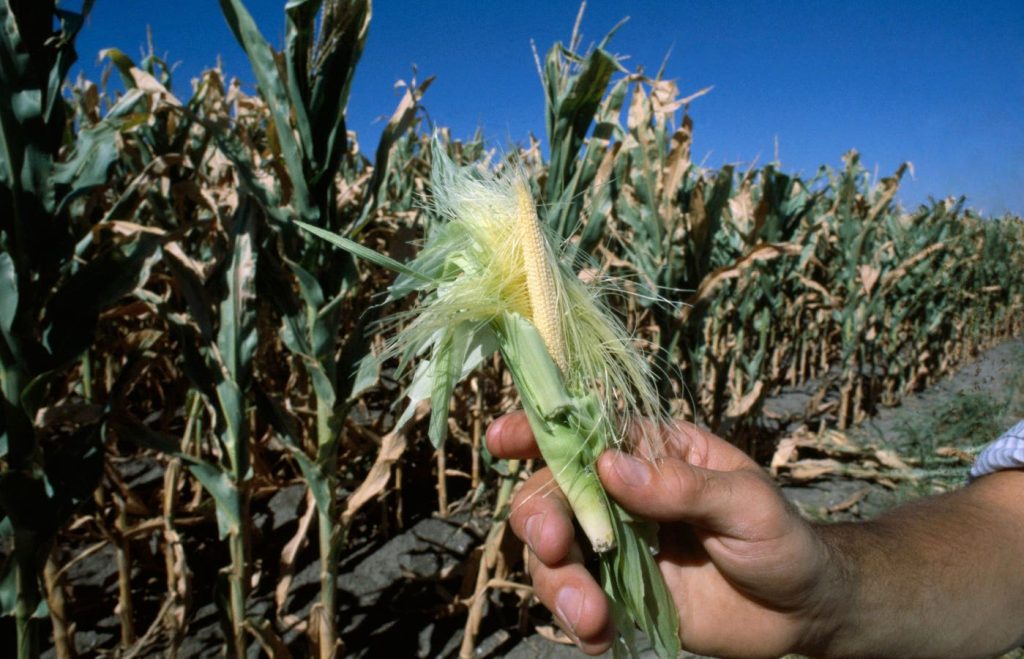Crop insurance plays a crucial role in supporting farmers in the United States by providing coverage for losses due to natural disasters and market fluctuations. In 2020, the Federal Crop Insurance Program offered about $115 billion in total coverage for crops, with payouts reaching over $16 billion in 2022 and 2023 due to climate-related disasters like droughts and heatwaves. However, critics argue that the program needs to address sustainability in agriculture and support urban farming initiatives to better adapt to the impacts of climate change.
The current crop insurance system does not incentivize farmers to adopt sustainable practices that could help mitigate climate change. Rules requiring farmers to follow “good farming practices” do not include organic farming or regenerative practices that improve soil health and increase biodiversity. This has led to conventional farming methods being prioritized, which may be harmful to the environment. The subsidies also encourage overplanting and cultivation of risk-prone lands, contributing to environmental degradation.
Climate change has exacerbated crop insurance losses by $27 billion over 27 years, highlighting the need for a system that better addresses the challenges posed by a warming planet. The current model of crop insurance also does little to encourage risk reduction strategies that could mitigate the impacts of climate change. Policy adjustments are needed to protect farmers financially and promote sustainability in agriculture.
Urban farms, which play a crucial role in providing fresh food in city environments, are entirely excluded from the benefits of crop insurance. These operations face unique challenges such as limited space, soil contamination, and water access issues. Excluding urban farms from federal insurance support creates an equity issue, as urban farms are primarily located in urban and BIPOC communities. There is a need to update definitions and policies to include urban farms in the benefits of crop insurance.
Policy reforms are essential to recalibrate the crop insurance framework to better support sustainable practices across all types of agriculture, including urban farming. Proposals include creating incentives for farmers implementing sustainable techniques and expanding coverage to include urban agricultural projects. Integrating climate resilience into insurance calculations could help align financial incentives with environmental sustainability goals and foster a more resilient agricultural sector in the face of climate change.
Overall, reforming the crop insurance system to support environmentally friendly practices is crucial for the long-term viability of the nation’s food supply chains. By addressing the exclusion of urban farms and incentivizing sustainable farming methods, policymakers can create a more resilient agricultural sector that is better equipped to adapt to the challenges of climate change. Promoting sustainability in agriculture is not only essential for environmental health but also for ensuring the security of the nation’s food supply.













